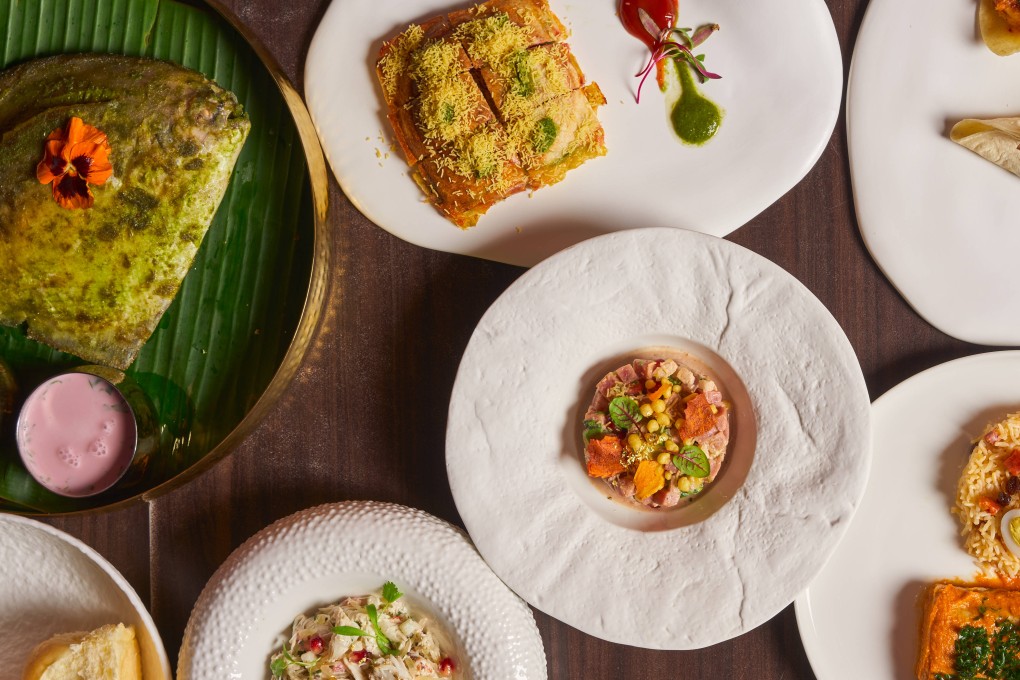Advertisement
Profile | An Indian restaurant in Hong Kong that doesn’t serve curry? Nine One head chef shares why
- Samaira Kavatkar talks about bringing Portuguese-influenced East Indian food to Hong Kong at Nine One, a restaurant that defies expectations
Reading Time:4 minutes
Why you can trust SCMP
4

Samaira Kavatkar is the head chef of new Hong Kong modern Indian restaurant Nine One, and she is here to set the record straight on Indian food.
“To be honest, I didn’t eat curry growing up,” says the Mumbai native, who left the country of her birth in 2003.
“The curry word is a British English term. The most similar sounding thing would be a kadhi,” she says, referring to a yogurt-based dish with roots in Rajasthan, northwest India.
“It wasn’t until I was living abroad that I realised many Indian dishes were just summarised into white curry, red curry, orange curry and green curry,” she says.

Kavatkar is a former paralegal who decided to become a full-time chef in 2019.
Advertisement